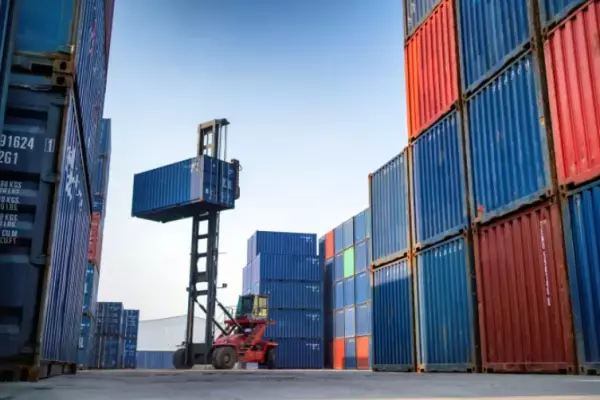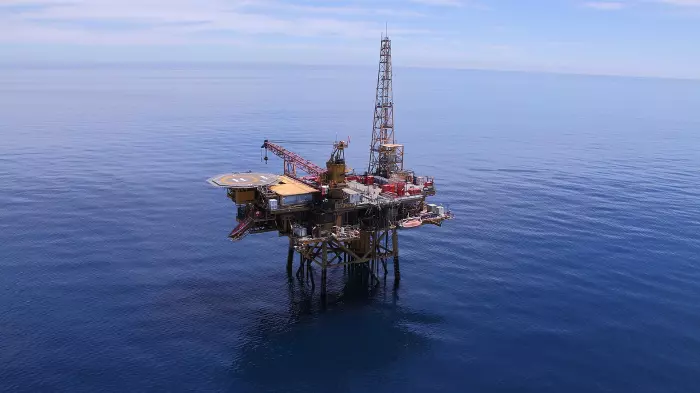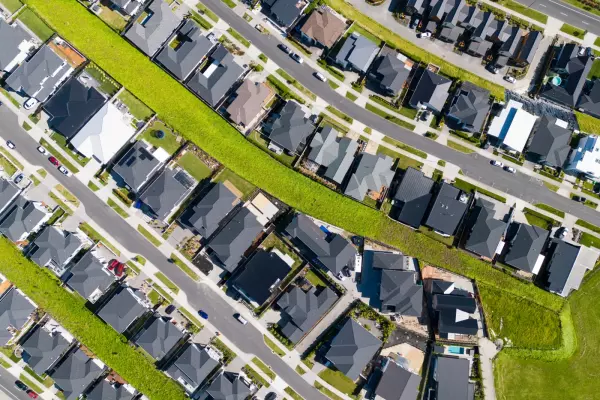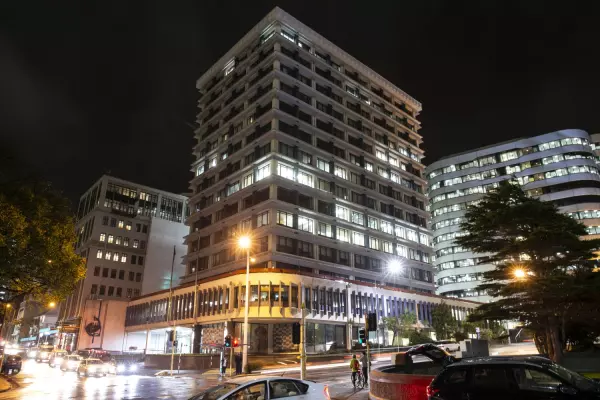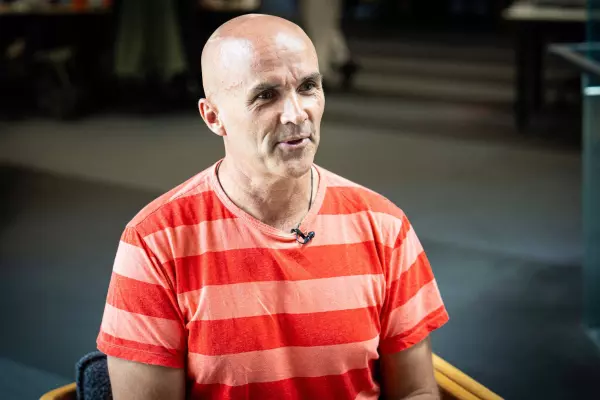The omicron outbreak won’t stop the Reserve Bank from lifting interest rates as it's only going to stoke inflation further.
Economists widely expect Thursday's consumer price index (CPI) to show annual inflation was hovering around 6% in the fourth quarter, and that's before omicron. Since 2000, New Zealand CPI inflation has averaged 2.15%.
“If anything, the omicron outbreak could well exacerbate the pressures that the RBNZ will need to push against,” said Brad Olsen, principal economist at Infometrics.
“Inflation is heading higher, and shortages could further inflate prices. The high level of employment, and lack of spare capacity in the workforce, will mean the economy is tested as absenteeism rises,” he added.
He expects the RBNZ to seriously consider a 50-basis point rate hike on Feb 23. Most economists are expecting 25 basis points to 1.0%.
The RBNZ is mandated with keeping inflation between 1% and 3%. It lifted the official cash rate twice in the second of half of last year and has clearly indicated more rate hikes are coming.
ASB chief economist Nick Tuffley said the RBNZ’s focus will remain on the medium-term inflation – employment picture.
The central bank is also mandated with supporting “maximum sustainable employment”.
“If anything short-term inflation pressures could intensify, potentially more wage pressure, higher prices for goods/less discounting,” said Tuffley.
BNZ senior economist Doug Steel said omicron will hit activity, with sick and/or isolating workers likely to be a major issue.
However, “it is likely to be more of a supply issue than a demand issue so will do nothing to reduce inflationary pressures” and likely only tighten the labour market further, he said.
“With inflation already high and rising (look out tomorrow) and the unemployment rate already very low… we think the RBNZ will push on with raising rates.”
ANZ Bank economist Finn Robinson also agreed that omicron will be inflationary.
“If the domestic omicron outbreak is anything like what we’ve seen overseas, then we can expect a few months of supply chain chaos, especially if large chunks of our key workers end up getting exposed, and having to isolate,” he said.
If anything, that will only exacerbate the cost pressures that have driven inflation so high, Robinson said.
The RBNZ needs to hike interest rates to put a lid on inflation pressures that have continued to mount over the year, he said.
However, economic growth, which is already struggling to overcome covid disruption, will be slowed yet further by interest rate hikes as the RBNZ tries to slow the economy to a more sustainable pace, he said.
“It’s going to be tough,” said Robinson.




